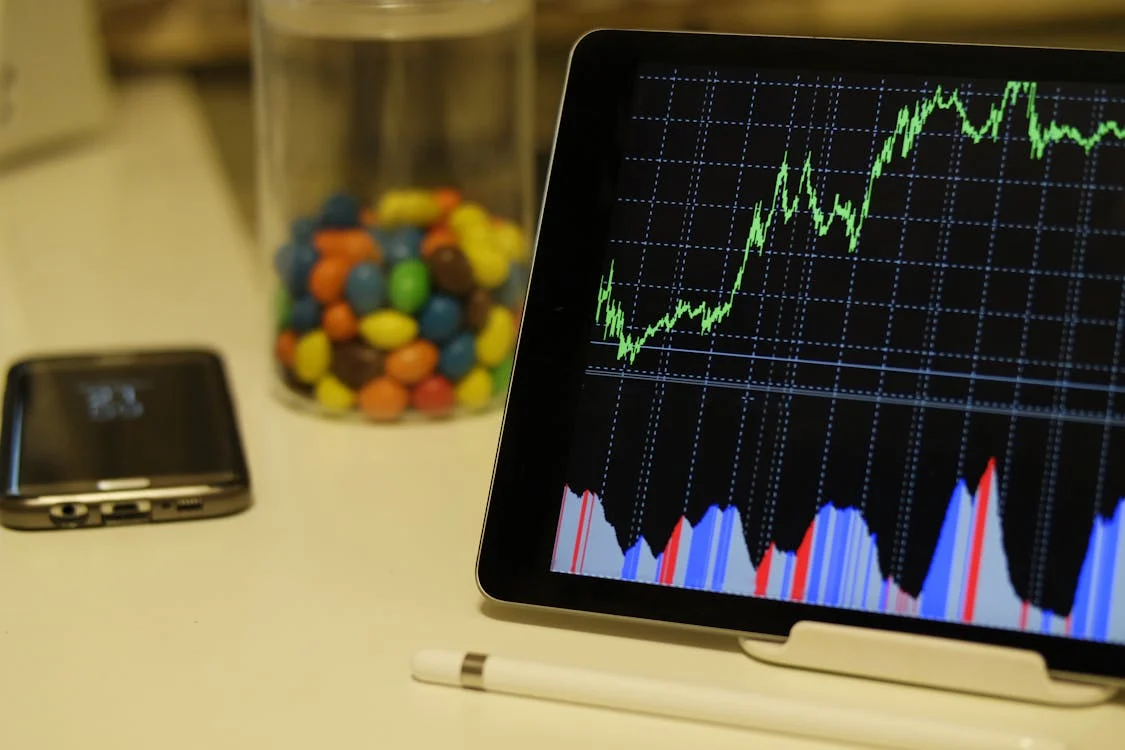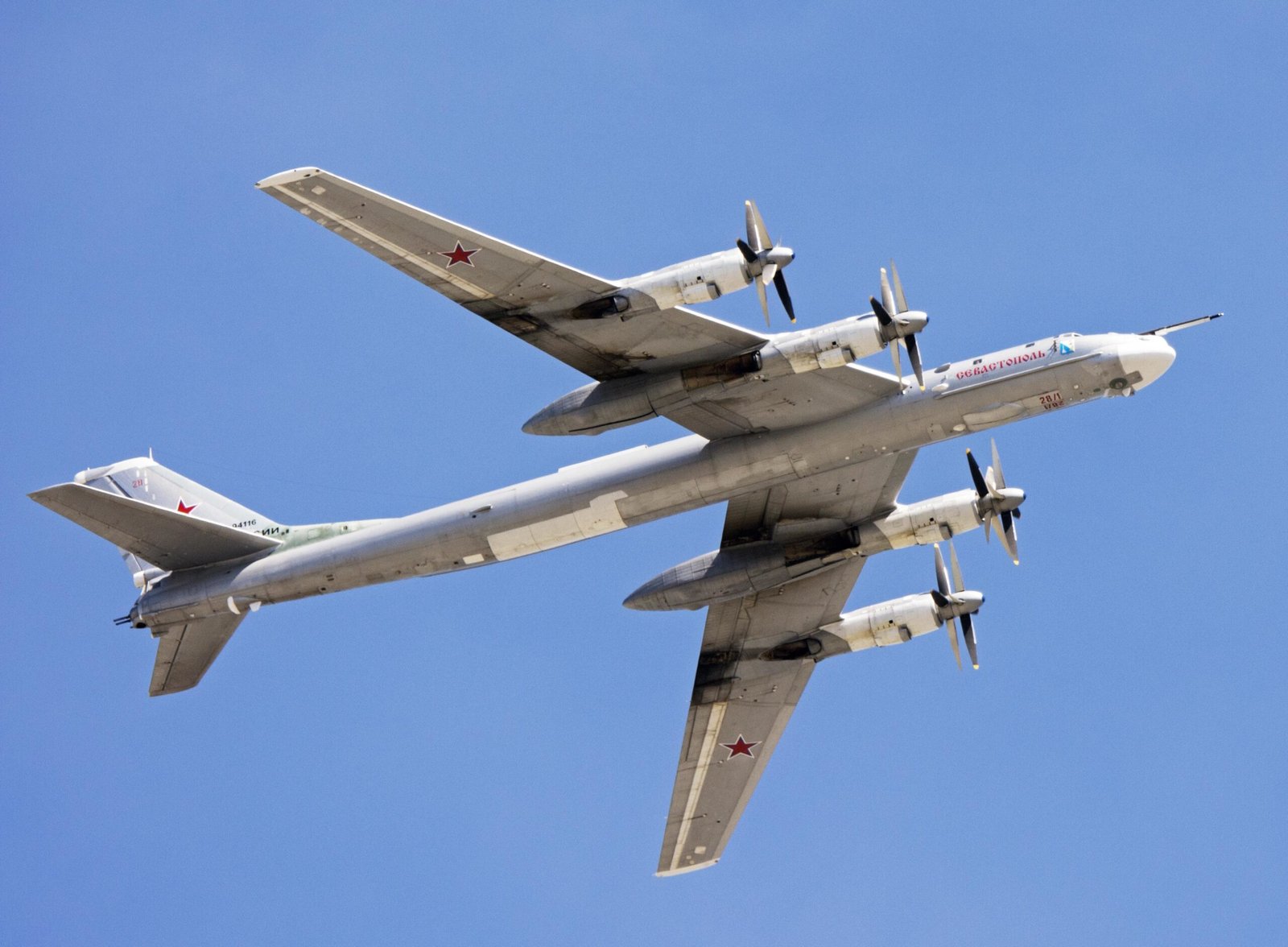The pound sterling (GBP) and the euro (EUR) are two of the world’s most important currencies, deeply intertwined within the European and global economies. Their exchange rate fluctuates constantly, driven by a complex interplay of economic, political, and geopolitical factors. This article delves into the key drivers of the GBP/EUR exchange rate in 2025, examining historical trends, current market dynamics, and potential future scenarios.
Understanding the GBP/EUR Exchange Rate
The GBP/EUR exchange rate reflects the relative value of the British pound against the euro. A higher GBP/EUR rate means the pound is stronger against the euro, while a lower rate indicates the euro is stronger.
Key Factors Influencing the GBP/EUR Exchange Rate
Economic Growth: The relative economic performance of the UK and the Eurozone significantly impacts the exchange rate. Stronger economic growth in the UK generally boosts the pound, while robust growth in the Eurozone strengthens the euro. Factors such as GDP growth, unemployment rates, and consumer confidence play crucial roles.
Inflation: Inflationary pressures erode the purchasing power of a currency. Higher inflation in the UK compared to the Eurozone can weaken the pound. Conversely, higher inflation in the Eurozone can weaken the euro. Central bank actions to combat inflation, such as interest rate hikes, also influence the exchange rate.
Interest Rates: Interest rate differentials between the Bank of England and the European Central Bank (ECB) play a crucial role. Higher interest rates in the UK attract foreign investment, increasing demand for the pound. Conversely, higher interest rates in the Eurozone strengthen the euro.
Monetary Policy: The monetary policies of the Bank of England and the ECB significantly impact the exchange rate. Changes in interest rates, quantitative easing programs, and other policy measures can influence investor expectations and currency flows.
Political and Geopolitical Factors: Political stability, government policies, and geopolitical events can significantly impact currency values. Brexit-related developments, political uncertainty in the UK or the Eurozone, and global events such as the war in Ukraine can create volatility in the exchange rate.
Trade Relations: Trade flows between the UK and the Eurozone influence the exchange rate. Changes in trade patterns, trade agreements, and trade barriers can impact the demand for both currencies.
Market Sentiment and Speculation: Investor sentiment, market psychology, and speculative trading activities can drive short-term fluctuations in the exchange rate.
Historical Trends in the GBP/EUR Exchange Rate
The GBP/EUR exchange rate has experienced significant volatility in recent years.12 The Brexit referendum in 2016 triggered a sharp decline in the pound, reflecting concerns about the economic consequences of leaving the European Union. Subsequent developments related to Brexit negotiations, including trade deals and political uncertainties, have continued to impact the exchange rate.
Key Drivers of the GBP/EUR Exchange Rate in 2025
The Impact of Brexit: The long-term effects of Brexit on the UK economy, including trade relations with the EU and the impact on investment, continue to influence the pound.
Monetary Policy Divergence: Diverging monetary policies between the Bank of England and the ECB remain a key driver. The Bank of England’s interest rate decisions, aimed at combating inflation, have supported the pound. However, the ECB’s policy response to the economic challenges facing the Eurozone, including inflation and growth concerns, has influenced the euro’s value.
Economic Growth Outlook: The relative economic performance of the UK and the Eurozone will continue to play a crucial role. Factors such as the pace of economic recovery, inflation trends, and labor market conditions in both regions will influence the exchange rate.
Geopolitical Risks: Geopolitical events, including the ongoing war in Ukraine and potential global economic shocks, can create uncertainty and impact both currencies.
Energy Crisis and Inflation: The energy crisis and persistent inflationary pressures in both the UK and the Eurozone continue to pose challenges and influence monetary policy decisions.
Potential Future Implications
Predicting future exchange rate movements is inherently challenging, as numerous factors can influence currency values. However, based on current trends and potential developments, several scenarios are possible for the GBP/EUR exchange rate in the coming months and years:
Continued Volatility: The ongoing economic and geopolitical uncertainties are likely to continue to drive volatility in the GBP/EUR exchange rate. Short-term fluctuations and sudden market movements could be frequent.
Monetary Policy Divergence: If the Bank of England maintains a more hawkish stance compared to the ECB, the pound could continue to strengthen against the euro. However, if the UK economy weakens or inflation pressures subside, the pound could come under pressure.
Impact of Brexit: The long-term consequences of Brexit on the UK economy will continue to shape the GBP/EUR exchange rate. Improved trade relations with the EU could support the pound, while further economic challenges could weaken it.
Geopolitical Risks: Escalation of geopolitical tensions, such as the war in Ukraine, or unforeseen global events could create significant uncertainty and impact both currencies.
Final Thoughts
The GBP/EUR exchange rate is a complex and dynamic phenomenon influenced by a multitude of factors. Understanding the key drivers and potential scenarios can help individuals and businesses make informed decisions. However, it is crucial to remember that currency markets are highly volatile, and exchange rates can fluctuate rapidly.
FAQs
What are the key economic factors influencing the pound to euro exchange rate?
The pound to euro exchange rate is significantly impacted by the relative economic performance of the UK and the Eurozone. Strong economic growth in the UK, characterized by high GDP growth, low unemployment, and rising productivity, generally strengthens the pound. Conversely, weak UK economic growth can weaken the pound. Similarly, robust economic growth within the Eurozone, driven by factors like increased industrial production and strong consumer spending, strengthens the euro and weakens the pound.
How do inflation and monetary policy influence the exchange rate?
Higher inflation in the UK erodes the purchasing power of the pound, potentially weakening it against the euro. The Bank of England’s response to inflation, such as raising interest rates, can impact the pound’s value. Similarly, high inflation in the Eurozone weakens the euro. The European Central Bank (ECB)’s actions to combat inflation, such as raising interest rates, can strengthen the euro. Interest rate differentials between the Bank of England and the ECB also play a crucial role. Higher interest rates in the UK attract foreign investment, increasing demand for the pound.
What are the implications of geopolitical events and market sentiment?
Geopolitical events, such as the war in Ukraine, can create significant uncertainty and volatility in global financial markets, impacting the exchange rate. Global economic shocks, such as pandemics or natural disasters, can also have a significant impact. Market sentiment, including investor confidence and risk appetite, plays a crucial role in driving short-term fluctuations in the exchange rate. Speculative trading activities by investors and financial institutions can also contribute to volatility.
To read more, Click Here












Leave a Reply